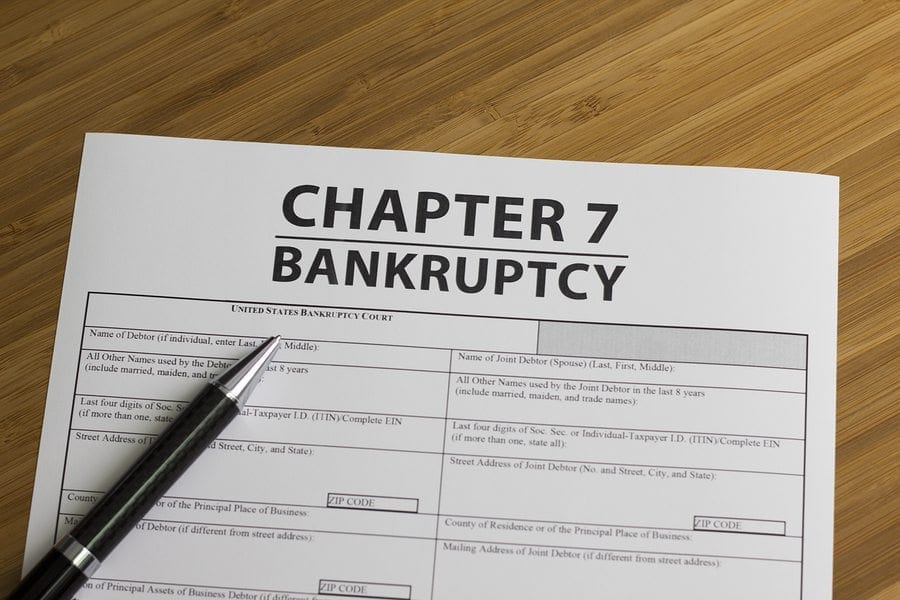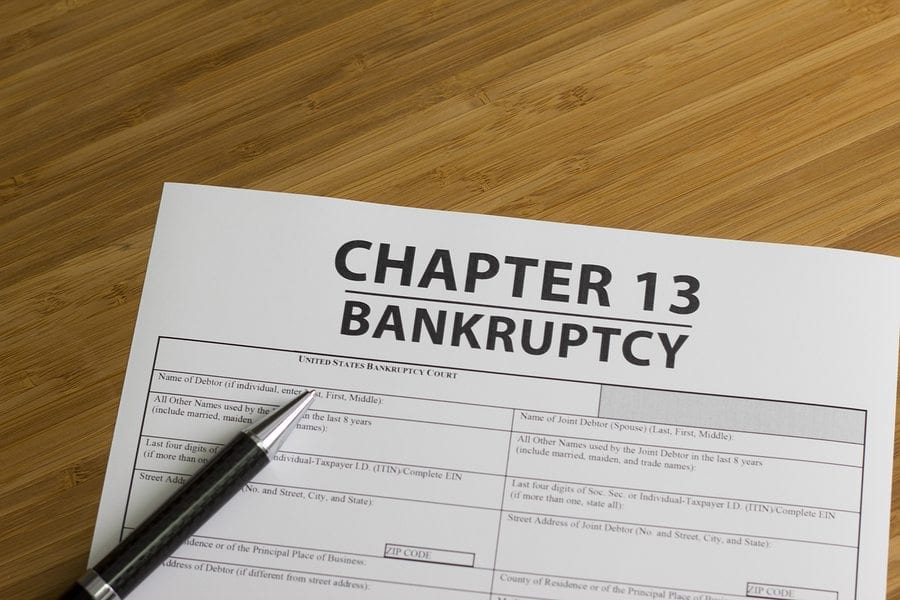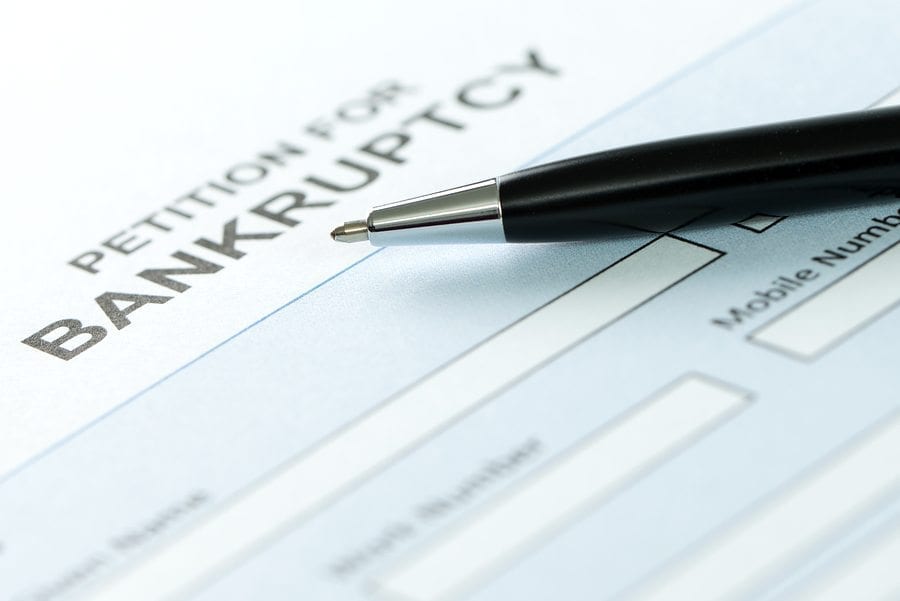Many people are able to manage a certain level of debt. However, when debt builds to a level where the individual’s payments are being wholly consumed by servicing the interest on the debt, it becomes clear that the situation is unsustainable and unlikely to result in a favorable outcome for the debtor. In many cases, the debtor will simply continue to fall further and further behind until actions by a creditor may force his or her hand.
In the Philadelphia area and throughout Pennsylvania many people are quite aware that bankruptcy may present a favorable option to resolve debts and gain a fresh financial start. However, before one pursues a bankruptcy to resolve debt problems, it is essential to engage in careful planning.
What Should a Potential Bankruptcy Filer Consider?
Individuals who are considering filing bankruptcy should first consider both the nature of their debt and their goals for bankruptcy. To start, the debtor should assess the type of debts that he or she has. Types of debts an individual can have can be broadly categorized into two types of debt. The first type of debt is secured debts. Secured debts include any type of debt that is protected – or “secured” – by property. Common examples of secured debts include the mortgage on one’s home and loans to purchase a vehicle. The second type of debt you may have are unsecured debts. The most common form of unsecured debt is credit card bills. The type of debt you hold influences the type of bankruptcy that is likely to be most favorable to you.

Aside from assessing the type of debt you have, you should also consider the goals you wish to achieve through bankruptcy. Some people simply want to eliminate debt. However, other people may have more nuanced goals that also include protecting certain property. People may wish to eliminate debt while simultaneously protecting their family home, heirlooms, car, and other valuable assets.
When Should You File for Chapter 7 Bankruptcy?
If your debt is primarily comprised of unsecured debts, a Chapter 7 bankruptcy filing is likely to be the most effective means of eliminating your debt. A Chapter 7 bankruptcy filing can quickly eliminate these debts. However, an individual must be able to qualify for Chapter 7 bankruptcy by passing the “means test.” Typically, individuals earning less than the state’s median income and individuals who lack significant discretionary income can qualify for Chapter 7 bankruptcy. However, some individuals may means test out of Chapter 7 or have additional goals that make a Chapter 7 filing less favorable. Thus, while Chapter 7 bankruptcy is a great starting point for an inquiry, additional research is needed to determine whether a Chapter 7 filing is most likely to achieve your legal and financial goals.
When Is Chapter 13 Bankruptcy More Appropriate to Resolve Debts?
There are a number of situations where the debtor would be better served by a Chapter 13 bankruptcy filing or must file Chapter 13 bankruptcy because they are ineligible to file under Chapter 7. While we have already addressed the most common situation where an individual is ineligible to file for Chapter 7 and may choose to file Chapter 13, there are also scenarios where a Chapter 13 filing better achieves the individual’s goals.

For instance, an individual who holds predominately secured debts may be better served by making a Chapter 13 filing. The first reason for this is that Chapter 7 bankruptcy does not handle secured debts as effectively as it handles unsecured debts. The additional time available to pay under a Chapter 13 wage earner’s plan combines with the potential to use a feature of Chapter 13 bankruptcy known as “lien stripping” can make filing for bankruptcy under this chapter more appealing. Lien stripping is available only under Chapter 13 and permits a debtor to remove certain junior mortgages and reclassify them as unsecured debt. As unsecured debts, they will receive reduced repayment priority. Chapter 13 is also an effective option when Chapter 7 exemptions are insufficient to fully protect all the property you want to keep. In situations where the debtor has significant assets and property that he or she does not want to lose, a Chapter 13 bankruptcy filing may be more appropriate for these goals.
Considering Speaking With a Philadelphia Bankruptcy Lawyer
If you are considering filing bankruptcy in Pennsylvania, the bankruptcy attorneys of the Sadek Bankruptcy Law Offices can assess the situation and help you determine whether bankruptcy is right for your situation. Our bankruptcy lawyers can help you determine whether Chapter 7 bankruptcy or Chapter 13 bankruptcy is more responsive to your needs. To schedule a confidential consultation, call us at 215-545-0008 or contact us online today.





